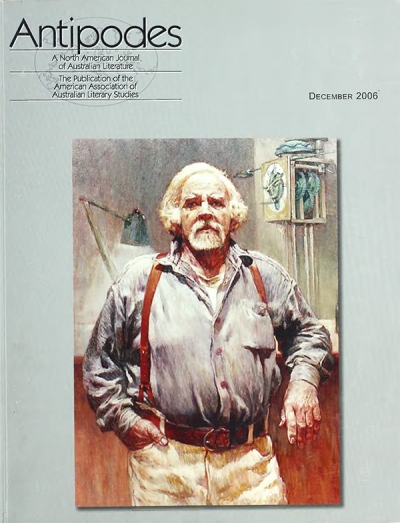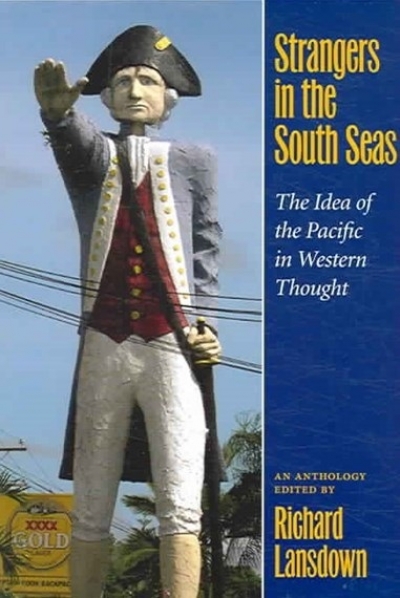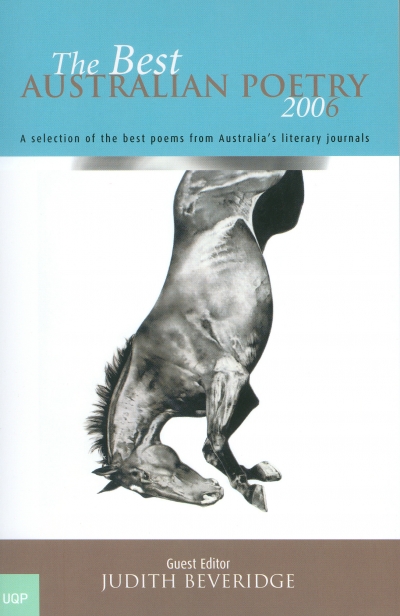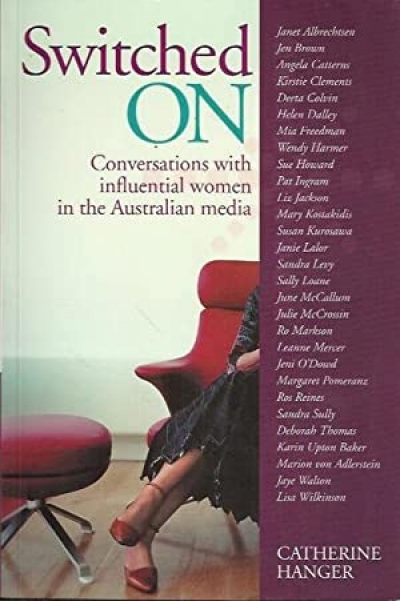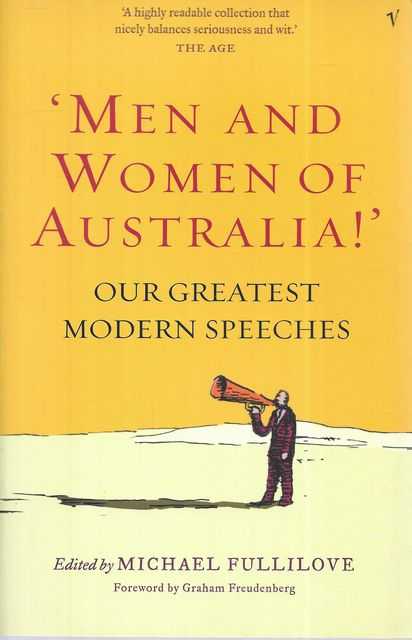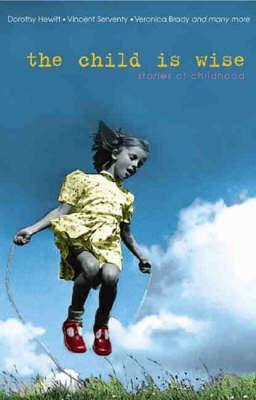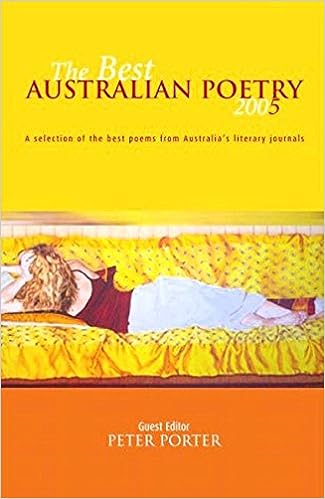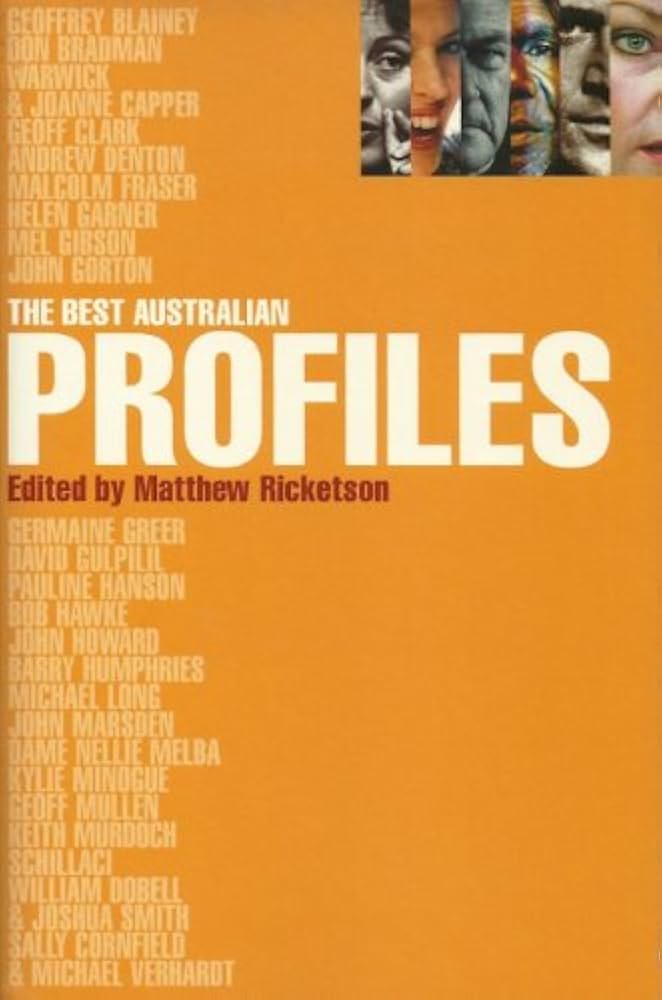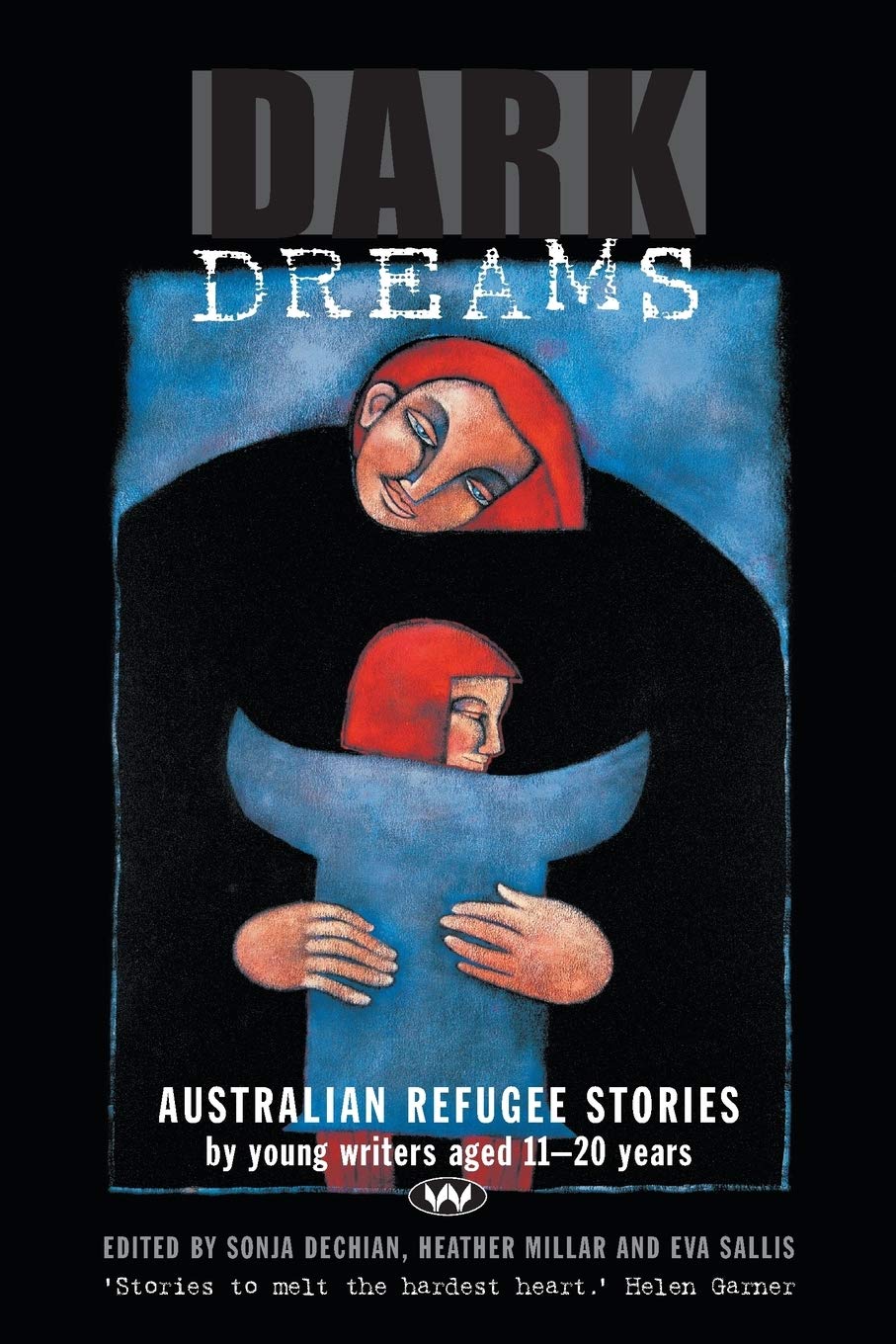Anthology
Antipodes vol. 20, no. 2 edited by Nicholas Birns & Australian Literary Studies vol. 22, no. 4 edited by Leigh Dale
In an essay for Australian Literary Studies (ALS) exploring the modernist networks of Judith Wright and Frank Scott, Anouk Lang argues that ‘participation in modernist little magazines … was crucial to their development as writers. Publication in these journals validated their tentative efforts and imbued them with confidence to move on to further ventures.’ It is a terrific recommendation for the important role that literary journals continue to serve for writers – both emerging and established, creative and academic. ALS and Antipodes provide vigorous examples of two such journals which support the fostering and fortification of literary culture in Australia.
... (read more)Strangers in the South Seas: The idea of the Pacific in western thought edited by Richard Lansdown
At the close of the twentieth century, in the tradition of countless Westerners before him, British travel writer Julian Evans travelled around the Pacific. At the Kwajalein atoll in the independent republic of the Marshall Islands, he found the resident US missile testing base to be efficient, clean and ‘tidy, quiet, ordinary: suburban trailer-park America at its best’. No Marshallese lived at Kwajalein, but 10,000 of them huddled on the small neighbouring island of Ebeye, whence they commuted to provide labour for the base. At Ebeye, nothing was ‘real nice’, as Evans described:
... (read more)The Best Australian Poetry 2006 edited by Judith Beveridge & The Best Australian Poems 2006 edited by Dorothy Porter
Seeing these two anthologies side by side in that obscure corner allocated to poetry by so many bookshops, a casual browser might note that both begin with Robert Adamson’s ‘A Visitation’ and conclude that uniformity rules and one volume will suffice. Not so: a full savouring of the past year’s poetic crop requires both. In fact, ‘A Visitation’ is the only poem common to both selections. Certainly, they share poets – and it is among these twenty that readers are likely to recognise ‘established’ names such as Alan Gould, Kate Llewellyn, Jan Owen, Peter Porter, Philip Salom (all in their egalitarian alphabetical order), but in each case the particular poem selected is different. Beyond that, there is substantial variation in the selection of poets: nineteen of Beveridge’s forty poets don’t appear among the eighty-two present in Porter’s more extensive volume.
... (read more)UTS Writers’ Anthology: Making Tracks edited by Melissa Bruce et al.
Making Tracks is the latest collection of poems, short stories and experimental prose by students in the prestigious writing courses at the University of Technology, Sydney. The anthology covers the themes of loss, love and self-discovery, often confronting the writers’ personal experiences from childhood and adolescence. These are tales of spiritual and actual travel within Australia and abroad, of rites of passage and of quests for identity.
... (read more)Switched On: Conversations with influential women in the Australian media by Catherine Hanger
Switched On showcases the careers of twenty-nine ‘influential’ women who work in the media. Catherine Hanger, interviewer and former editor of Vogue Australia, believes that Switched On ‘connects two major spheres of influence in our society – the media and the women who work in it’ – and argues that the influence of these women is ‘very powerful indeed’. While the title promises ‘conversations’, Hanger, strangely, omits her questions. Perhaps she asked just one: ‘How did you become editor of Australian Women’s Weekly/an SBS news presenter/a film reviewer/a PR adviser to PBL/host of Media Watch?’
... (read more)'Men And Women of Australia!': Our greatest modern speeches edited by Michael Fullilove
There was no chaplain aboard the troopship Transylvania as it travelled across the Mediterranean Sea for France in 1916, so the sermon was left to Frank Bethune, a Tasmanian clergyman and private soldier. Bethune rose on the promenade deck and informed the soldiers that, god-fearing or not, they were righting a great wrong and were not heroes, but men. ‘What else do we wish except to go straight forward at the enemy?’ he asked. ‘With our dear ones far behind us and God above us, and our friends on each side of us and only the enemy in front of us – what more do we wish than that?’ Also aboard the ship was Australia’s official war correspondent, Charles Bean. After describing the effect of Bethune’s sermon on the soldiers, Bean delivered the ultimate praise: ‘[There] were tears in many men’s eyes when he finished – and that does not often happen with Australians … And that was because he had put his finger, just for one moment, straight on to the heart of the nation.’
... (read more)The accounts of childhood in this anthology date from the 1920s to the 1960s. Most deal with experiences in Western Australia, although three are written by migrant women and are partly anchored in Europe. Two are extracted from the autobiographies of well-known writers, Dorothy Hewett and Victor Serventy, two are taken from self-published memoirs, and one, by Alice Bilari Smith is taken from her book Under a Bilari Tree I Born. This last is based on tapes of oral history collected by the West Pilbara Oral History Group and published in 2002.
... (read more)Comedy isn’t the only art that requires good timing. Poetry also requires it. Indeed, poetry might be partly defined as the art of giving things away at the right moment. Illustrating this we have The Best Australian Poetry 2005. In this elegant anthology, we find Peter Goldsworthy’s inspired description of our planet: ‘Our earthen dish is seven parts water / one part china, and a tiny bit japanned.’ We also find Brett Dionysius on the 175-year-old tortoise Harriet, which, having outlived Charles Darwin, thinks: ‘Now I’m with Steve Irwin at Australia Zoo. / I Harriet, time-lord tortoise: outlive him too.’ We find Jennifer Harrison’s arresting description of ‘grammar’s lovely utterly cold snow’. We find Keith Harrison’s ‘kind of stretched villanelle’ (as he describes it), which begins: ‘The summer night is dangerous and deep.’ We find the unsettling climax of Aileen Kelly’s ‘His Visitors’, in which ‘fetid ivies’ ‘reach up and suck out the light’. We find Anthony Lawrence’s poem about the Wandering Albatross, with its reference to ‘the compass glass of its eye’. And we find the terrible, uncomic climax of Judith Beveridge’s powerful poem ‘The Shark’.
... (read more)This, of course, is literary Archibald Prize and, just like the art competition that annually sets Sydney’s cognoscenti abuzz, it will provide grist for plenty of arguments. Which of these profiles catches a passably good likeness of its subject? In which are the brush-strokes boldest and most compelling?
... (read more)Dark Dreams: Australian Refugee Stories by young writers aged 11-20 years edited by Sonja Deichan, Heather Milar and Eva Sallis
In 2002 Eva Sallis – activist and author of, among others, the 1997 Vogel winner Hiam, – launched ‘Australia IS Refugees’, a writing competition for young people aged between eleven and twenty years old. The competition – a project of the humanitarian organisation Australians against Racism, of which Sallis is present – swiftly gained the support of a wide range of high-profile companies and individuals, many doubtless contributing as a means to show disapproval of this country’s hardline, ethically dubious treatment of refugees.
... (read more)

